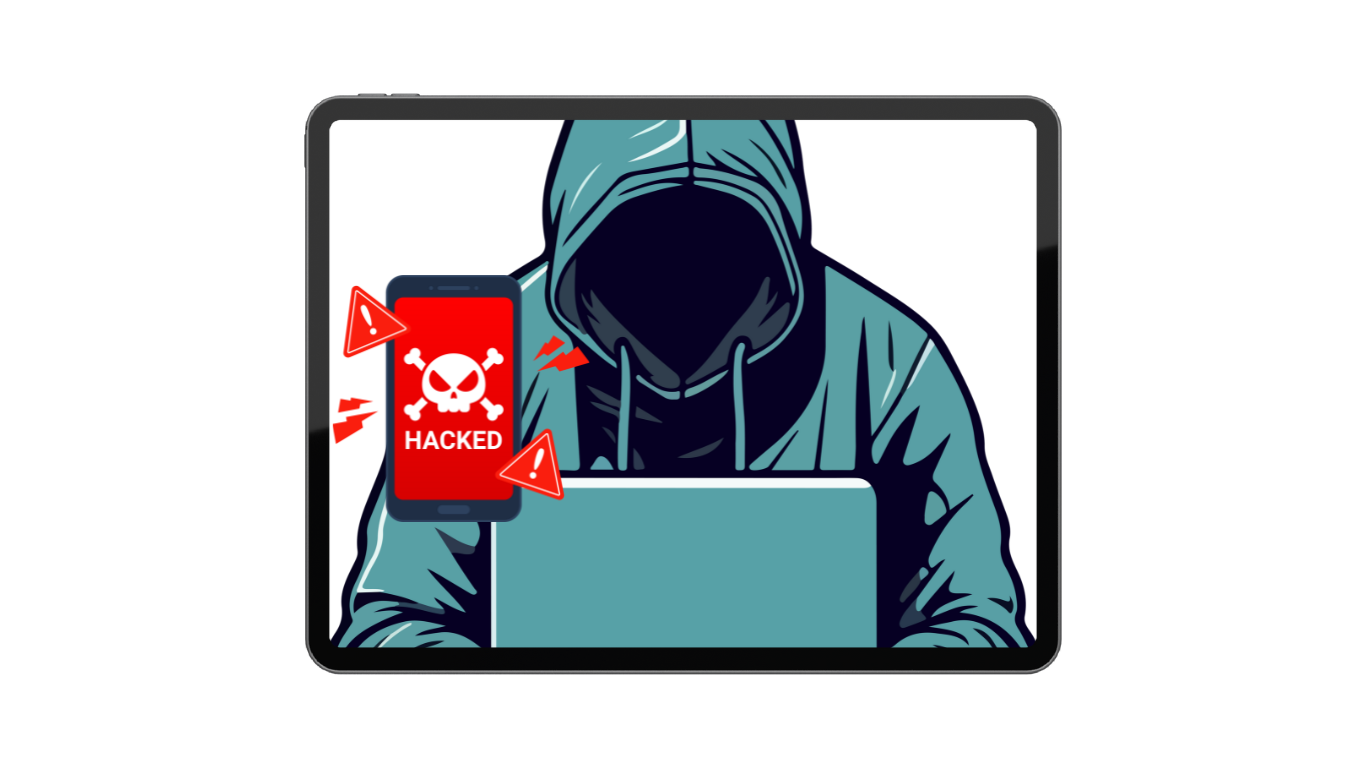Recovering from a hack can be stressful, but by following these steps, you can secure your accounts and devices and minimize the damage.


You've been hacked and are not sure what to do. This is a quick list of what you could do immediately.
Disconnect your device from the internet to prevent further unauthorized access. Pull the plug 🔌.
Change the passwords for your online accounts, starting with the most critical ones (banking, email, and social media).
Use a different device to do this if you suspect that your current device is compromised.
Notify your close contacts to prevent further spread of the hack. Also, inform your email and social media contacts that you’ve been hacked so they can be cautious of suspicious messages.
Educate yourself on cybersecurity best practices. Consider taking an online course or reading up on recent security threats and how to avoid them. The goal is to prevent future hacks.
Do regular backups to ensure you have access to your data in case of future issues. Also, set up regular automated backups of important files to a secure location (e.g., external hard drive, cloud storage).
Be prepared for any future incidents. Develop a detailed plan outlining steps to take if you are hacked again, incorporating lessons learned from this incident.
Recovering from a hack can be stressful, but by following these steps, you can secure your accounts and devices; minimizing the damage. Stay vigilant and take preventive measures to protect yourself in the future.
If you need further assistance, please do not hesitate to reach out.
Be careful,
Antonio